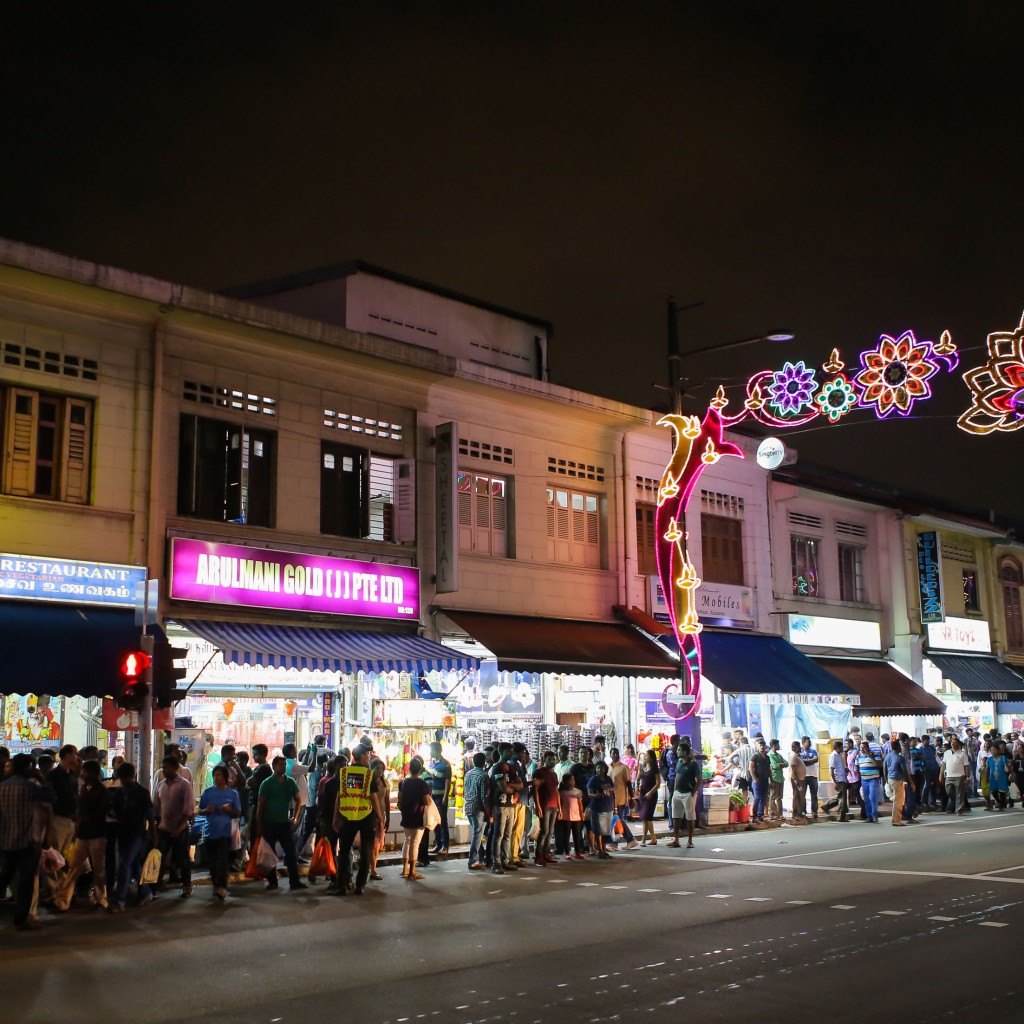Tamil migrants in colonial Malaya 1930s–1950s
October 28, 2019

Deepavali, the festival of lights, is one of the most notable Hindu festivals celebrated around the world. In Singapore, it is mainly celebrated by Tamils, a majority of whom identify as Hindu.
In ‘Tamil migrants in colonial Malaya 1930s–1950s’ (South Asian Diaspora, 2017), Associate Professor Narayanan Ganapathy (NUS Sociology) and Professor Lian Kwen Fee (Universiti Brunei Darussalam) examine and retell the personal lived experiences and life stories of Tamil migrants to Malaya. Using narrative analysis, the article illuminates the personal and social circumstances which motivated villagers from Tamil Nadu to leave for Port Swettenham in colonial Malaya and eventually the port city of Singapore.
Migrants from that period exercised considerable agency to overcome the challenges thrown at them. For the pioneer Tamil migrants, the decision to migrate was impromptu, expedited by problematic interpersonal relations back home such as family conflict. The promise of a better financial future was also a factor in their decision to migrate, with many working on rubber plantations in colonial Malaya, its government having welcomed immigration as a means of providing a cheap supply of labour. Those who migrated after World War II had a better support network as their relatives had already established secure positions in Malaya.
Read the article here.
